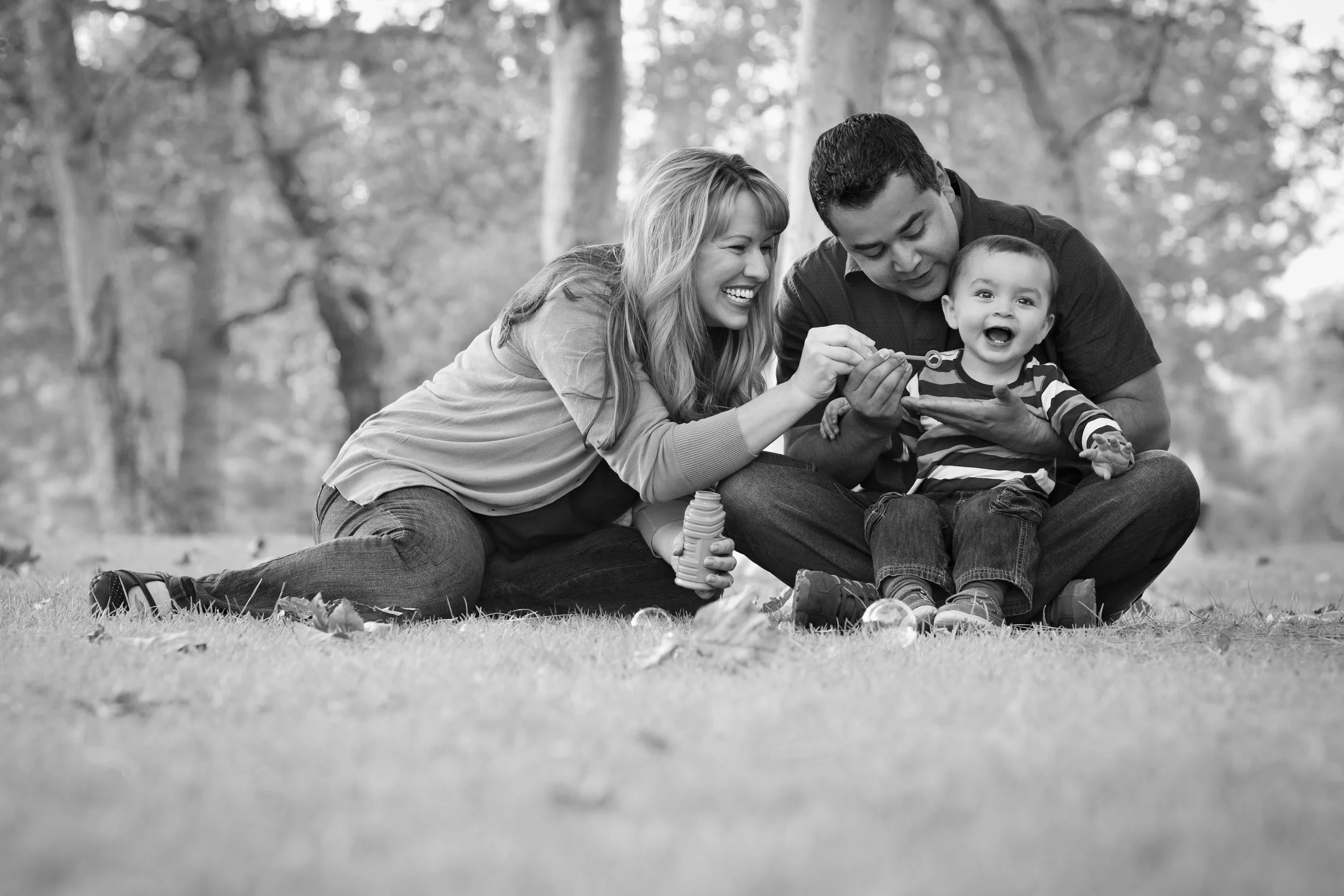We each have a natural desire to protect our loved ones. However, when one partner's desire to protect becomes overwhelming, it can be detrimental to the relationship. Even if the desire to protect is well-intended, overprotection comes at a cost to both the partners and the relationship.
Drawing on the principles of Relational Life Therapy (RLT), let's examine four negative effects of being an overprotective partner and consider how you can change this course in your relationship.
1. Undermining Independence
One of the primary consequences of overprotection in a relationship is the loss of independence and autonomy. When an overprotective partner hovers, makes choices on their partner's behalf, or micromanages aspects of life, it sends a message that they don't trust their partner's capacity or judgment. In some severe cases, a partner can go so far as controlling how you dress, look, or spend your money. This inevitably leads to feelings of frustration, resentment, and even an erosion of self-esteem for the controlled partner.
Relational Life Therapy emphasizes the importance of feeling a sense of agency and self-reliance in each partner. This allows both individuals to grow and thrive within the relationship. Overprotection stifles this growth and creates an unhealthy dynamic of dependency.
2. Lack of Trust
The bedrock of all healthy relationships is trust, but overprotection chips away at this foundation over time. Constantly monitoring your partner's actions, questioning their intentions, or restricting their freedom sends the message that you do not trust them to make their own choices or handle situations responsibly. This can lead to conflicts and a communication breakdown within the relationship, potentially causing the controlled partner to resort to secrecy.
RLT encourages couples to cultivate trust through transparency, vulnerability, and honesty. Overprotection undermines these values and ultimately destroys the trust that is vital to the relationship.
3. Fueling Codependency
Overprotection goes hand-in-hand with codependent tendencies. Codependent relationships have one partner who is reliant on their partner for emotional support, security, and validation while the other's needs and wants reign supreme, controlling or even belittling their partner. Put simply, one person is a giver, and the other is a taker. This dynamic is suffocating, creating an imbalance of power and allowing unhealthy behavior to flourish.
Relational Life Therapy seeks to break the hold of codependency in relationships by helping each partner have a strong sense of self and independence. Healthy relationships involve two healthy, functioning adults who support and nurture each other. Overprotection reinforces codependence by convincing one partner they cannot function or thrive without constant guidance and supervision.
4. Limited Growth and Exploration
All healthy relationships are dynamic and evolving. In order to thrive, partners need to be able to explore new interests, pursue goals, and grow individually. As mentioned earlier, overprotection restricts growth and independence because it constantly limits and constrains freedom. Overprotective behavior sends the message that growth and exploration are not valued by discouraging risk-taking or not supporting the pursuit of opportunities. This can lead to dissatisfaction and stagnation.
In Relational Life Therapy, couples are encouraged to support each other's growth and development. This may require you to step outside of your comfort zone at times, but the benefits you reap will strengthen you as an individual and your relationship.
How to Move Forward
Recognizing there is a problem in your relationship is the first step toward freedom. It's also helpful to have a conversation with your partner about their behavior and how it affects you and the relationship. If you need additional support, an outside third party can provide insight and perspective, guiding you and your partner toward better understanding and healthier habits.
Our office can provide couples counseling to help you reverse the negative effects of overprotection. Call our office today to see how we can help you, your partner, and your relationship become healthy again.

